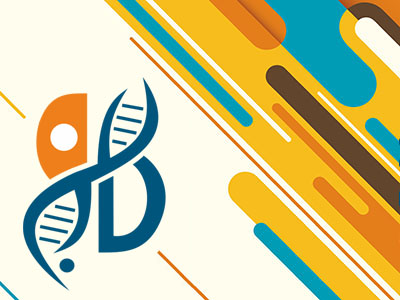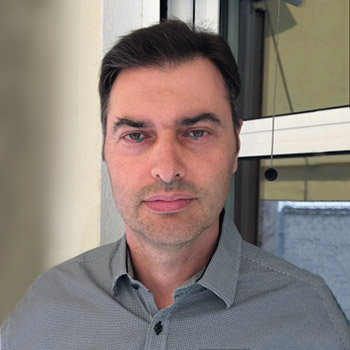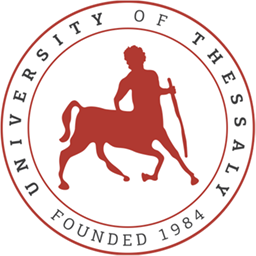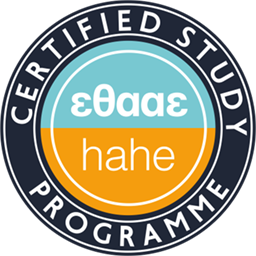Biochemical Engineering

Theory: 2 hours/week | Practicals: 3 hours/week | ECTS Units: 4
Content – Aim of the course
Biochemical Engineering includes the basic biochemical processes used on an industrial scale for the production of fuels, chemicals, pharmaceuticals, food products and diagnostic medicine products. Emphasis is given to the design, analysis, control and optimization of bio-processing. The basic technology of biochemical processes such as heat exchange, mass transfer, sterilization, pH and temperature control, agitation methods and technology, foam control in bioreactors, bioseparation and isolation processes, etc. is presents
The principal objective of this course is to teach those aspects of engineering science that are relevant to bioprocessing.
Analytical Description of the Course
- INTRODUCTION IN BIOCHEMICAL ENGINEERING. Steps in bioprocess development. Factors affecting the evolution of bioprocess. Analysis of a general flow chart of biochemical processes in industry.
- MATERIAL BALANCES. Law of conservation mass. Procedure for material balance calculations. Stoichiometry of cell growth and product formation. Material balance worked examples.
- ENERGY BALANCES. Basic energy concepts. Procedure for energy balance calculations without reaction. Energy balance equation for cell culture. Energy balance worked examples.
- FLUID FLOW. Classification of fluids. Viscosity. Momentum transfer. Newtonian and non-Newtonian fluids. Rheological properties of fermentation broths. Factors affecting broth viscosity. Turbulence.
- MIXING. Mixing equipment. Impellers. Mechanisms of mixing. Improving mixing in fermenters. Effect of rheological properties on mixing. Roleofshearinstirredfermenters.
- HEAT TRANSFER. Heat transfer equipment. Mechanisms of heat transfer. Heat transfer between fluids.
- MASS TRANSFER. Role of diffusion in bioprocessing. Oxygen uptake in cell cultures. Factors affecting oxygen transfer in fermenters.
- BIOREACTORS. Types of bioreactor. Factors affecting the operation of a bioreactor. Bioreactor Design.
- STERILISATION. Heating, chemical treatment, radiation, filtration.
- DOWNSTREAMING PROCESS. Filtration, centrifugation, cell disruption, two-phase liquid extraction, adsorption, precipitation, chromatography, membrane filtration, electrophoresis, reverse osmosis, ultrafiltratio
Assessment
Students will be graded based on written exams at the end of the semester and based on the tutorial grades. The grade of the tutorials is based on the written and oral presentation of the review articles and the study of the production process of a biochemicals production company we are going to visit.
Reading Suggestions
- Μ. L. Shuler και F. Kargi, Bioprocess Engineering: Basic Concepts (in greek), NTUA Press Publications, 2005
- Papapolymerou, Biochemical Engineering and Aplications (in Greek) University of Thessaly, 2014.
- Α. Zoumpoulis and K.A. Matis, Processes in Biotechnology (in Greek), Tziolas, 2010. Publications.
- P.M. Doran, Bioprocess Engineering Principles, 2nd Edition, Academic Pr Inc, 2012.
Teaching Material / E-class
Lecturer






